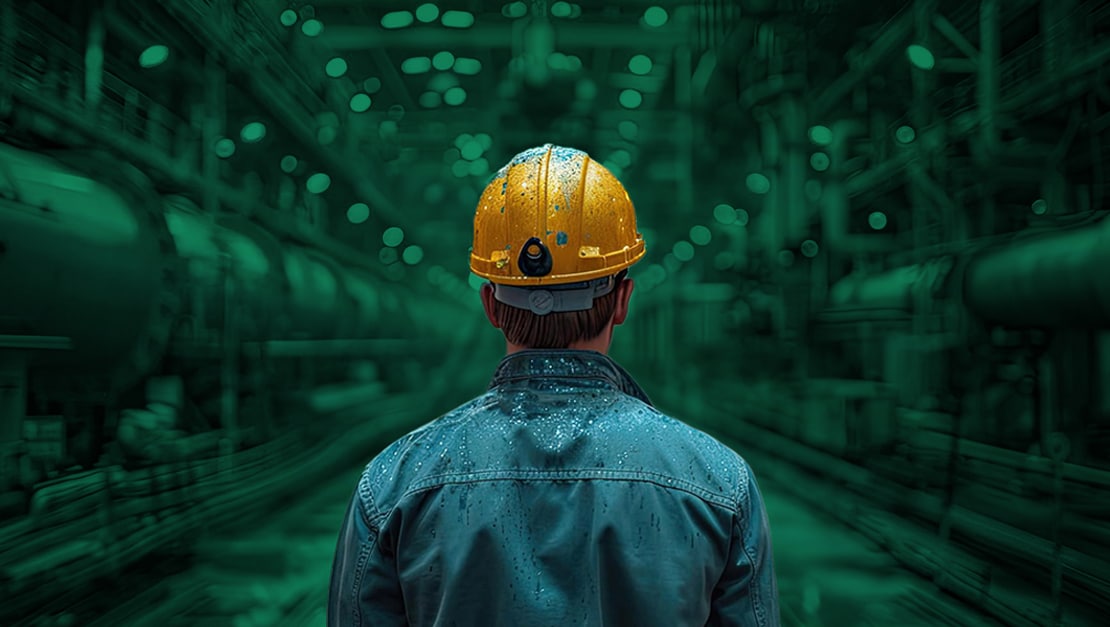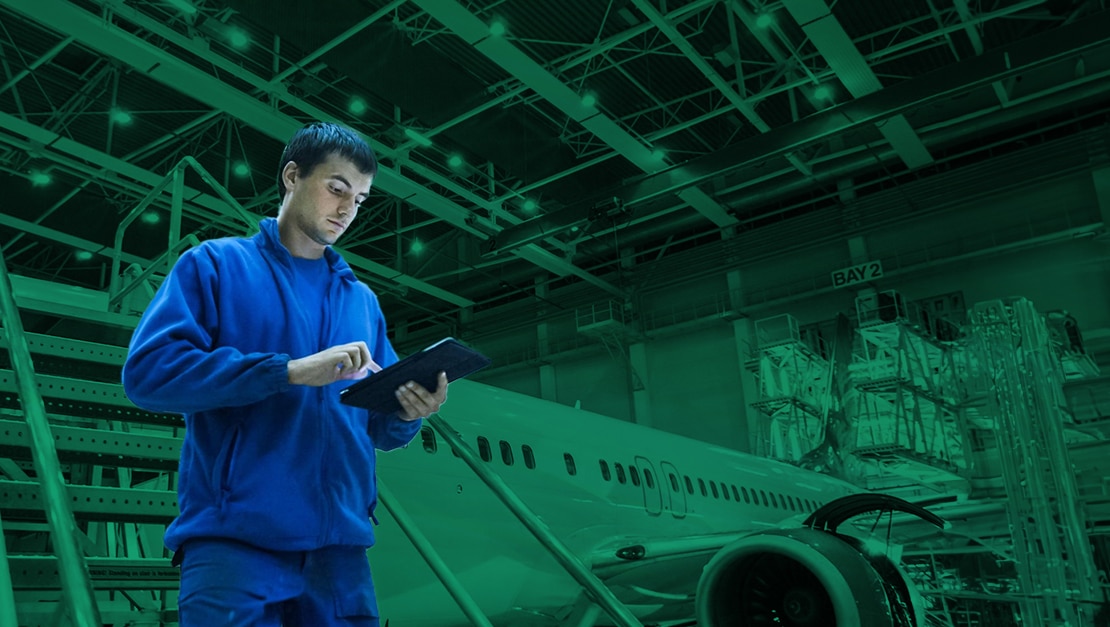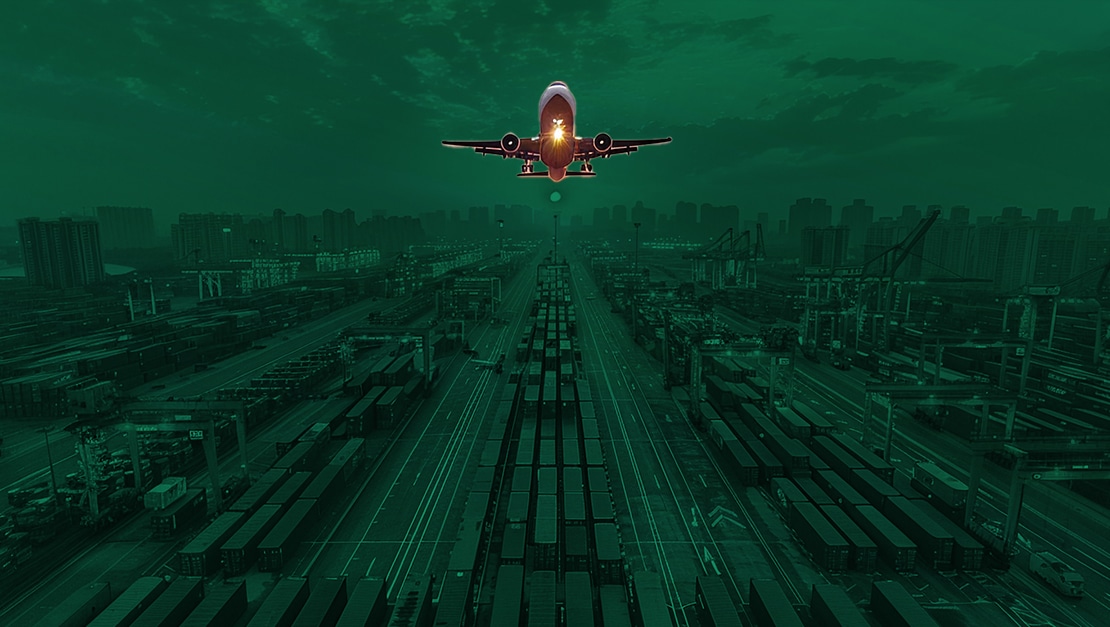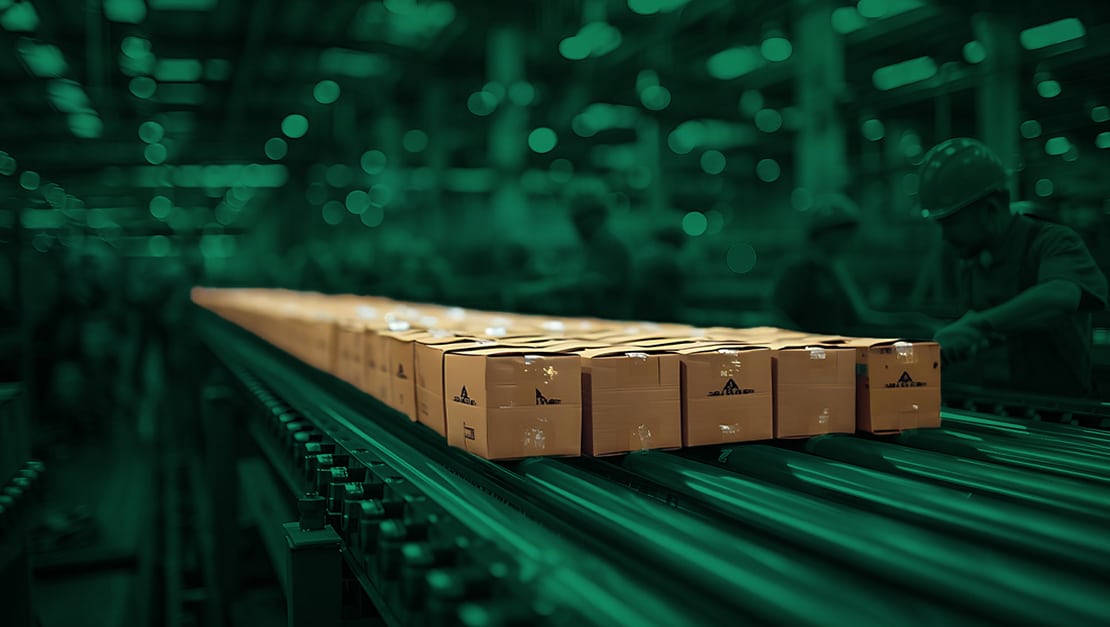In the world of manufacturing, artificial intelligence (AI) is driving sweeping change across the industry. Traditional processes are being replaced with smart automations to make manufacturing procedures more reliable, safe, and efficient.
From predictive maintenance saving companies on costs to quality control improving the final product, the benefits of AI in manufacturing are plenty. With its ability to turn resource-intensive manual operations into processes that take just minutes, AI is helping manufacturers boost productivity and reduce costs.
In this blog post, we’ll delve deeper into the transformative power of AI and look at the various benefits it brings to the field of manufacturing. By looking at the way AI technologies are being used in different manufacturing processes, we can better appreciate how AI is reshaping the future of manufacturing.
1. Enhanced Efficiency and Productivity
AI automation is significantly improving efficiency and productivity in manufacturing. While previous automations in this field were still making procedures more productive, they weren’t as adaptable until AI entered the picture. AI in manufacturing allows machines to operate autonomously, giving them the ability to adapt to new conditions or changes. In turn, this new adaptability improves production by minimizing downtime and offering employees more time to focus on complex and strategic tasks. According to McKinsey, AI and other emerging Industry 4.0 technologies are helping companies reduce downtime by 30 to 50%.
One prominent example of how AI is making manufacturing more efficient is how it’s used for predictive maintenance. By analyzing historical data and looking at trends from real-time sensors, AI can predict when equipment is likely to fail and schedule maintenance proactively. Not only does this help companies avoid downtime, but it optimizes production schedules and saves costs related to a lack of production and disruption for maintenance.
2. Improved Quality Control
AI technologies make detecting defects in a production line easier by using machine vision systems. These systems rely on AI algorithms to analyze visuals of manufacturing in real time, enabling quick and accurate detection of defects or abnormalities that human inspectors might miss. For example, BMW has employed an AI-powered robot in its South Carolina plant that can identify issues and flag them for humans to fix, improving the overall quality of vehicles that are shipped out.
Not only that, but AI can continuously improve its detection capabilities over time by studying different images to become more accurate. Machine vision and other AI-powered quality control systems help manufacturers reduce the number of defective products that reach the market, ensuring a higher level of quality control, reducing costs related to recalls, and improving customer satisfaction.
3. Supply Chain Optimization
Supply chain management is also positively affected by the introduction of AI to manufacturing practices. By enabling smarter forecasting, decision-making, inventory management, and logistics, AI can reduce inefficiencies in a supply chain. Through analyzing huge quantities of data including market trends and sales data, demand can be predicted more accurately. In turn, this helps reduce excess inventory, minimize wastefulness, and improve product availability.
AI in logistics also helps companies optimize delivery routes, schedule shipments, and manage warehouse operations effectively. By creating a more agile supply chain all around, manufacturers are in a better position to adapt to evolving market conditions, which also helps improve customer satisfaction and reduce costs related to wasted resources while remaining competitive.
4. Enhanced Safety Measures
AI can dramatically enhance workplace safety by lifting the burden of certain manual tasks off of employees and ensuring better compliance with safety protocols. AI-powered sensors can monitor environmental conditions to detect anomalies like gas leaks or equipment malfunctions that can be dangerous to employees. In addition, AI-powered robots can take over certain hazardous tasks, like handling toxic materials or working in extreme temperatures, which reduces the risk of injury to workers.
With AI, manufacturers can analyze data from sensors and even wearable devices to detect deviations from the norm, helping companies monitor employee health and safety. Robots powered by AI algorithms can be the first ones to respond to potential safety hazards, such as inspection of a spill of toxic material, further sparing the health of employees.
5. Customization and Flexibility
Customization is key when it comes to quickly adapting to market and customer demands. AI allows manufacturers to achieve large-scale customization a lot easier. AI-drive design tools enable customization according to individual customer preferences, a process that would have previously been time-consuming and expensive. However, with AI, processes can be streamlined and made more flexible for large-scale production.
AI enables companies to achieve a delicate balance between mass production and customization, keeping manufacturing operations flexible to meet new demands as they arise. With AI, companies can meet the evolving needs of their customer base without sacrificing operational efficiency.
6. Data-Driven Decision Making
Data-driven decision-making can be improved with AI by analyzing large quantities of data to identify trends, optimize operations, and forecast demand. Using predictive analytics, AI algorithms can use historical data along with real-time information to predict certain future outcomes, whether that’s demand for certain products or an increased need for manpower at specific times. A higher level of data analysis leads to better efficiency and cost savings related to more streamlined schedules, inventory levels, and smarter supply chain technology and management.
The same AI systems can also be used to find hidden patterns that may be difficult to detect with the human eye, offering a more comprehensive overview of market trends and customer preferences. By leveraging this data, manufacturers can stay ahead of their competition by using analytics to inform strategic business choices that will foster growth.
Reap The Benefits of AI in Manufacturing With Aiola
As AI-powered speech technology, aiOla enables manufacturers to benefit from cutting-edge AI technology without drastically impacting existing processes. With aiOla, workflows can be automated through speech AI and essential data is collected to inform high-level decision-making. All employees need to do is speak to set workflows and data collection in motion, making working with AI simple, hands-free, and intuitive.
aiOla understands over 100 languages, including multiple accents, dialects, and industry-specific jargon. This way, aiOla can function across multiple geographic locations and diverse teams.
With aiOla at the helm, manufacturing teams benefit from the technology in multiple ways, such as:
- A 90% reduction in manual operations
- 30% more production uptime
- A decrease of 45% in inspection time
When an American Fortune 50 food manufacturer adopted aiOla to streamline its manufacturing processes, the company saw several benefits. With the addition of aiOla, the company was able to cut inspection time by almost half, get immediate alerts on machinery malfunctioning along with predictive maintenance insights, and speed up production while reducing downtime.
Embracing the Future of AI in Manufacturing
AI isn’t just a buzzword in manufacturing – it has the power to completely reshape the industry while enhancing efficiency, quality control, supply chain management, and other critical workflows. With technologies like aiOla at the helm, the benefits AI brings to manufacturing are setting a new standard for productivity, quality, and service, and will help foster an environment of innovation and efficiency in the world of manufacturing.
Schedule a demo with one of our experts to see how aiOla can help you reap the benefits of AI in manufacturing.








